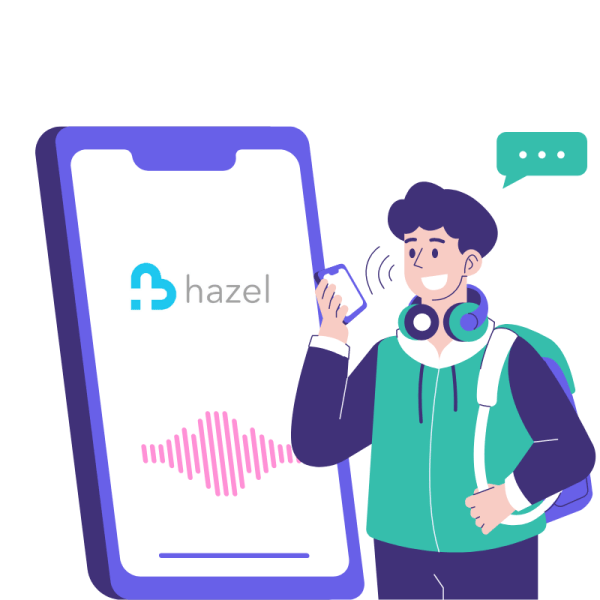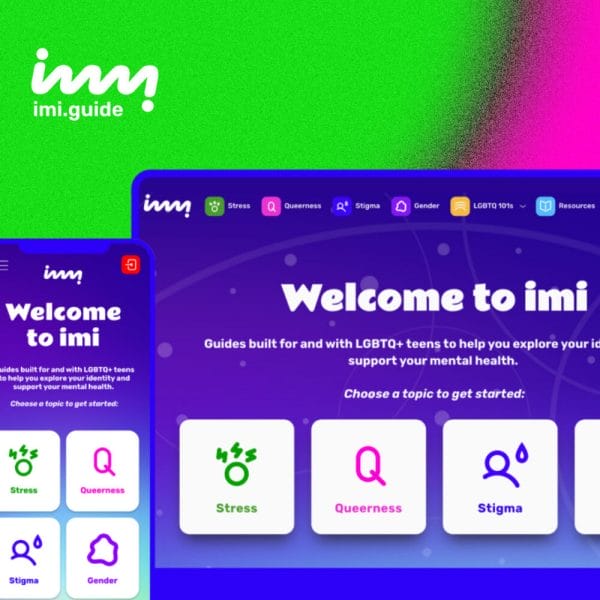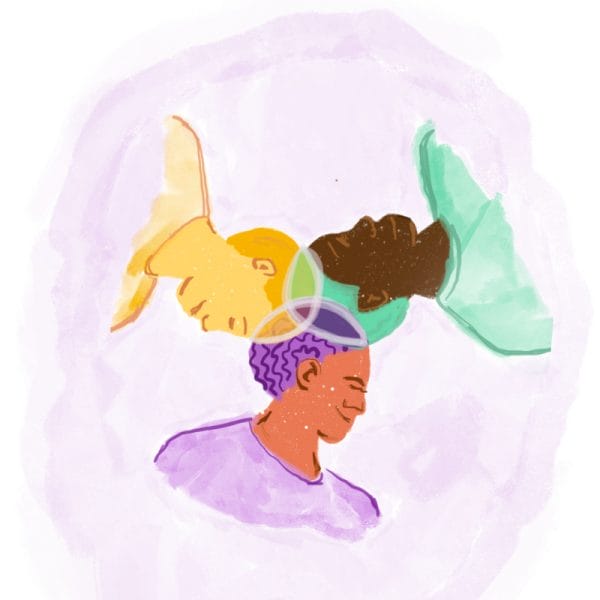Prototyping Tips
Prototyping is essential when creating inclusive, supportive, and innovative ideas.
In this guide, you’ll find a few resources and tools the Hopelab team uses to ensure we’re testing and learning before investing too far into ideas or projects.
Pro-tips for Prototyping (according to AI)
These two paragraphs were written entirely by an Artificial Intelligence (AI) bot called ChatGPT. Tools like this can be helpful in creating quick copy and content for prototypes, or even sparking initial ideas for solutions to challenges you’re facing.
Prototyping is an important tool in supporting the needs of young people’s mental health because it allows for the creation and testing of new ideas and solutions. This can be especially valuable in the field of mental health, where traditional approaches may not always be effective for all individuals. By prototyping, mental health practitioners and researchers can quickly and easily test new approaches and interventions, and make adjustments as needed. This allows for a more efficient and effective use of resources, and ultimately better outcomes for young people struggling with mental health issues.
Additionally, prototyping can also empower young people themselves to take an active role in their own mental health by allowing them to test and provide feedback on potential solutions. This can foster a sense of ownership and agency, which can be particularly beneficial for those who may have felt disempowered or unsupported in their mental health journey. Furthermore, involving young people in the prototyping process can also lead to more culturally responsive and relevant mental health interventions, which can be more effective in promoting healing and well-being.
Resources to Learn
Tools We Use
The Hopelab Studio team uses a bunch of different tools to help make designs and ideas come to life.
We put together a list of a few we find particularly helpful in our work. Most of them are free to use.
Free, printable grids for low-fidelity prototyping and sketching of early, digital ideas
Free, printable Business Model and Value Proposition Canvases to better understand your ideas
An alternative to Zoom and a quality whiteboarding tool to brainstorm and co-create
A toolkit and guide to explore your idea designed with activities for student involvement
Up-to-date database of various AI tools to shortcut and supercharge your prototypes
Tips From Our Team
How to Create an MVP
Julie Tinker (she/her)
Principal Designer, Equity Innovation
Noticing Too Many Hypotheticals
Robin Hayashi (she/they)
Creative Lead
Hypothesis or New Idea?
Denise Ho
Principal Designer, Youth Engagement
Prototype Anything!
Patricia Merino Price (she/her/ours)
Principal Systems & Design Strategist
Try Role Play
Courtney Chang (she/her)
Chief of Staff
Learn with Us
The Studio team is constantly learning!
And we’d love to learn from you as we continue to create inclusive, supportive, and innovative spaces with our partners. Send us a note with your prototyping tips and resources. Let’s prototype together!
Related Content
View all Case Studies
In partnership with Hazel Health
Over the course of two weeks, Hazel Health worked with the Hopelab Studio team to gather insights from young people to inform and improve the product design of Hazel HEART™.

In partnership with CenterLink
imi supports and helps LGBTQ+ teens explore and affirm their identity and learn practical ways to cope with sexual and gender minority stress in ways that are helpful, relevant, inclusive, and joyful.


